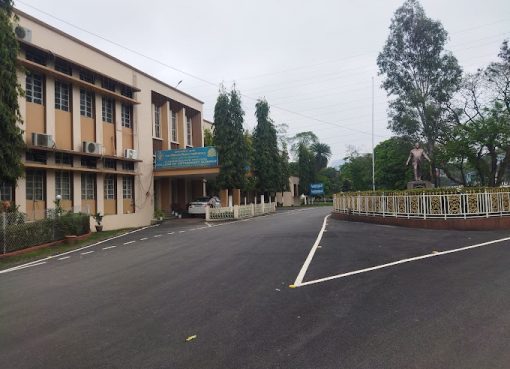Indian Science: Need for a Change
It’s a matter of great satisfaction that in terms of total spending on research and development, India stands among the top 10 countries of the world with an annual spending of 66.5 billion USD as in 2010. Although this amount is measurably lesser than that of the countries like US (511.1 billion USD), China (275 billion USD) and Japan (165.7 billion USD), considering the proportionate spending on many other areas of national interest, it is not a very meagre amount. However, in terms of percentage of GDP spent, it is merely 0.9% compared to 2.7% in USA, 2.1% in China and 3.2% in Japan. The per capita annual expenditure on R & D in India is also merely 39 USD against 1586 USD in US, 388 in China and 1297 in Japan.
A general opinion among the scientific community in the country is that getting funding for good research is not very tough in India as there is limited competition in many areas of advance research. However, what worries the researchers most is the over-bureaucratisation of the system involved in science funding and management. The bureaucratic restrictions on government spending make it difficult for the scientists to concentrate on their real scientific activities and they rather have to remain busy in fulfilling the statutory requirements of procedural formalities most of the time. Lack of liberty and flexibility in the rules to make use of the project money for purposes like foreign travels to participate in international workshop/symposia, publication of research papers, offering fellowships to students for pursuing research under the project, engaging scientific staff for assisting research in a way which was not specified at the time of getting the grant, also make it difficult for the scientists to cope with the changing needs while implementing a project. Another important issue is non-release of periodic funding in time for certain reasons, most of which are beyond comprehension of the scientists. This always adversely affects the progress of research and eventually may result in an inconclusive ending of the project without any visible outcome or output, and hence may deter the worker in getting further support for his/her research.
Lack of effective collaboration and resource sharing across institutions is another issue which has also created problems for achieving the desired objectives of research, particularly in much-needed interdisciplinary areas. Although the government funding agencies in the country have, of late, given more emphasis on network or consortium projects to strengthen collaboration among institutions, lack of an inbuilt system for facilitating sharing of resources and personals among the collaborating institutions have, by and large, rendered it not adequately effective so far.
Considering the real need of application of science for societal benefit, much emphasis has been given in our country in the areas of applied and translational research. Accordingly, in the recent time, most of the funding agencies have preferably opted to provide grants to research projects with an expected outcome in the form of a product or process that is applicable or commercialisable in the near future. However, many scientists feel that this has adversely affected the fundamental research in various disciplines of basic science which may have a far-reaching effect in future on the overall scientific development of the country.
Another point of concern for Indian science is the inequitable distribution of resources among the different geographical regions of the country that has led to a visible disparity in terms of available infrastructure and other facilities for science education and research. The North-Eastern Region of India is the real example in this case to make a pointer to the lack of adequate opportunities for the young scientists and professionals to pursue their quest in science to achieve the desired goal.
Let’s hope that the policy makers, administrators and other stake holders involved in the process would come up with workable solutions to these issues in the near future so as to facilitate research and development in the country to move forward in the desired direction.



